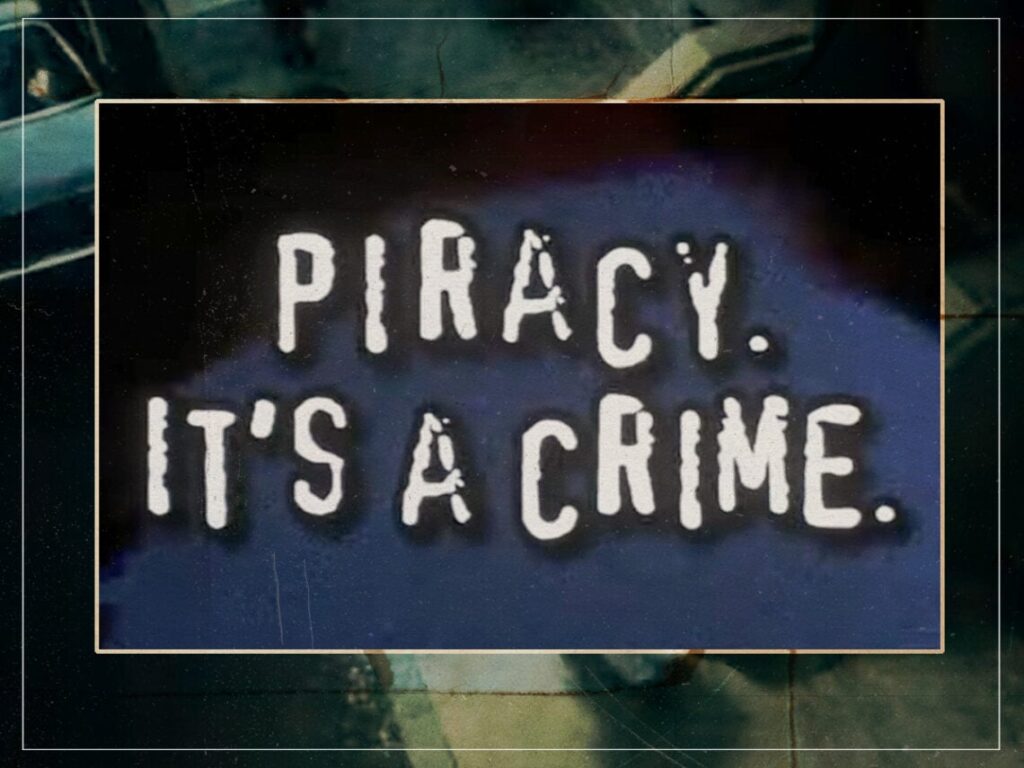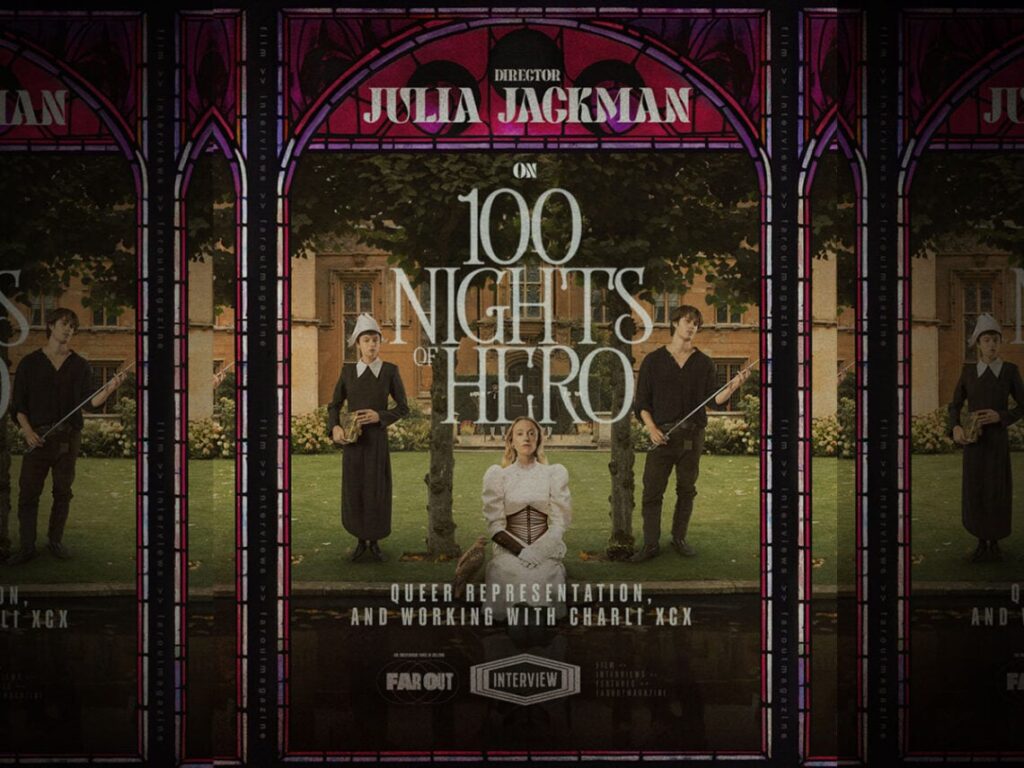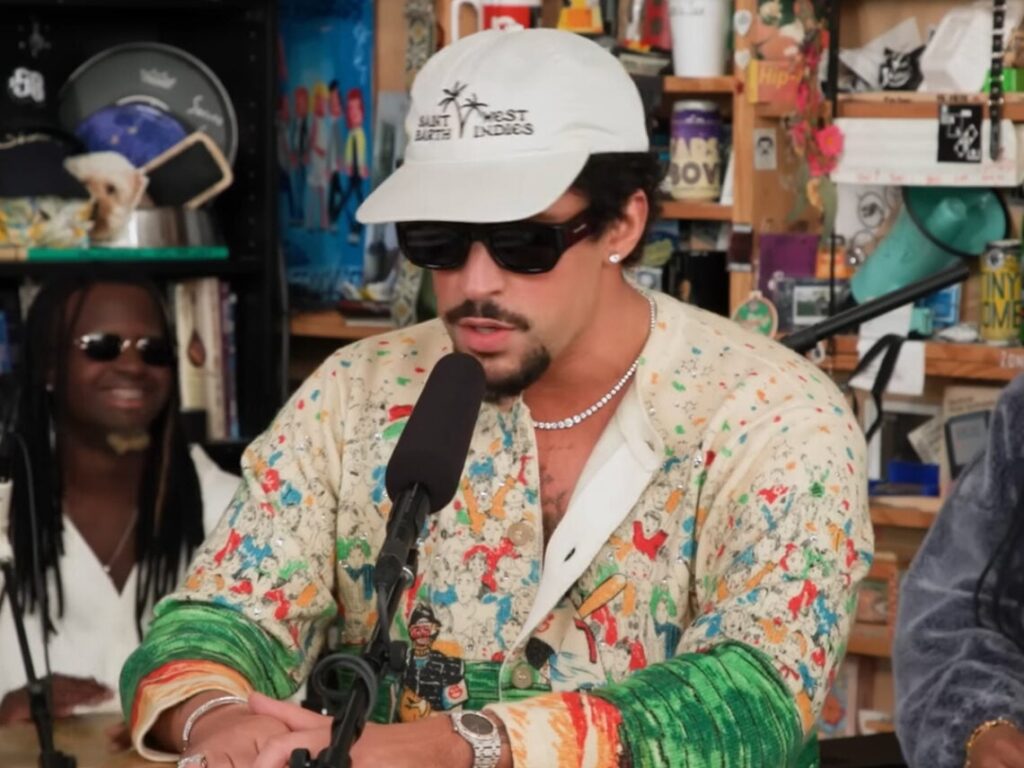Was the music in the ‘You wouldn’t steal a car’ advert stolen?
 Posted On
Posted On
(Credits: Far Out / YouTube Stills)
It’s the mid-2000s. You’ve just arrived home after pacing up and down the aisles of your local Blockbuster for half an hour or so, dragging your finger along hundreds of DVDs until you finally landed upon the right title. You slot the disc into the drive and slouch into the sofa, corn popping away in the microwave. As the television springs to life, you’re met with a Prodigy-style beat and the words, “You wouldn’t steal a car”.
It’s a sound that will be all too familiar to 2000s kids or Blockbuster buffs. In an attempt to curb piracy, the short advert compared the act to stealing a car, a handbag, or a television. Gritty reenactments of the crimes were accompanied by shakey title screens that have since been endlessly meme-ed in a clip that almost made piracy look cool rather than criminal.
The advert certainly ingrained itself into the minds of those who spent the mid-2000s glued to the television screen, but it didn’t quite achieve its goal of reducing piracy.
In fact, it may well have increased the figure. Ironically, the ad was also subject to speculation about the origins of its content. Had the anti-piracy ad actually committed the crime it was broadcasting against?
Were the advertisers guilty of pirating the song?
In 2012, Wired reported that the thrashing electronic music that punctuated the PSA had been used without its composer’s permission. According to the article, Dutch musician Melchior Reitveldt was commissioned to compose a piece for the anti-piracy advert. He was told that the video would be played exclusively at a local film festival, so he was surprised when the PSA appeared at the beginning of a Harry Potter DVD.
The composer contacted a royalty collection company called Buma/Stemra, but his hopes of recouping royalties quickly dwindled. The agency paid him very little and, despite promising to investigate the usage of his music, never gave him any details. Jochem Gerrits, one of the directors, even tried to convince Reitveldt to sell him the piece in exchange for a third of his royalties.
Reitveldt’s music had become subject to the exact issue it had been commissioned to fight against, as he sought compensation for the widespread use of the music without his permission. Eventually, in 2012, Reitveldt received compensation for the piece. It was a case of absolute irony but one that has since been disputed even further.
Several years later, in 2017, TorrentFreak published a piece refuting the claim that the music behind the PSA had been used without permission. While they acknowledged that the story was true—from Reitveldt’s commission to the unauthorised use of his piece—they suggested that the subject of the legal dispute wasn’t the music he had composed for the “you wouldn’t steal a car” advertisement.
Apparently, the actual piece that Reinveldt sought repayment for was something else entirely. The article cited a source “close to the Dutch film industry” as clarifying the difference between the two pieces of music. Since then, further confirmation has escaped the case, and there is little more to go on.
Perhaps Reinveldt had worked on two similar pieces, and the story had been mixed up somewhere along the way before it reached the public. Or perhaps the idea that an anti-piracy ad had actually pirated part of its content was simply too fitting to pass up; we may never know.
[embedded content]
Related Topics


